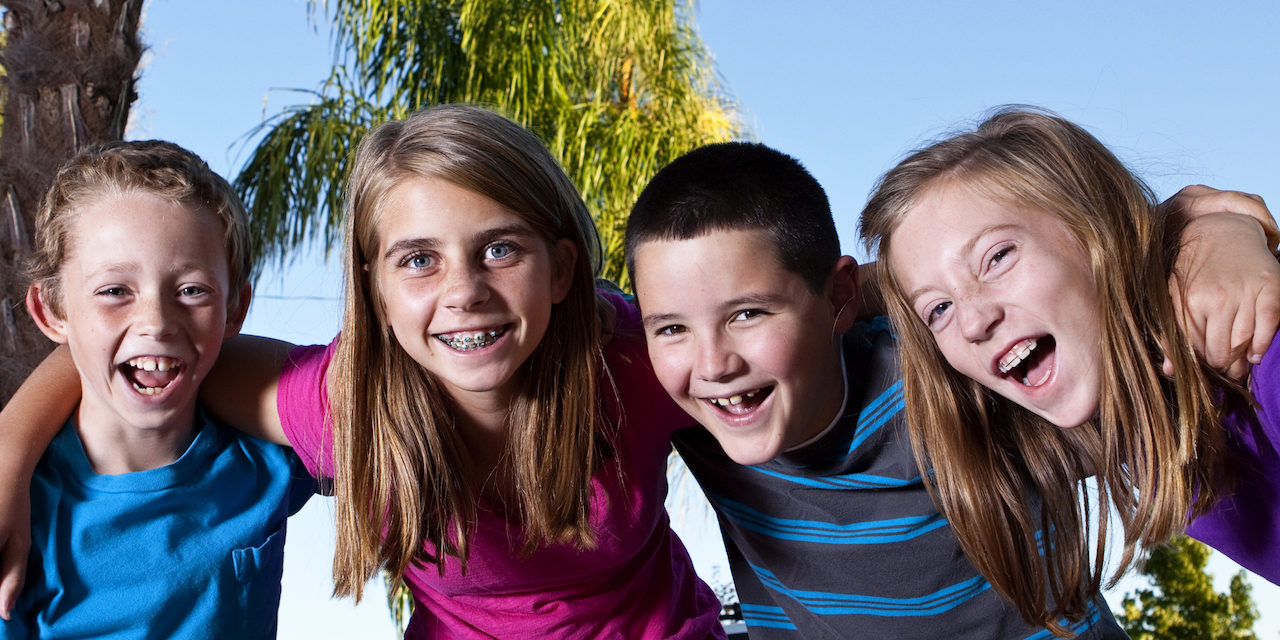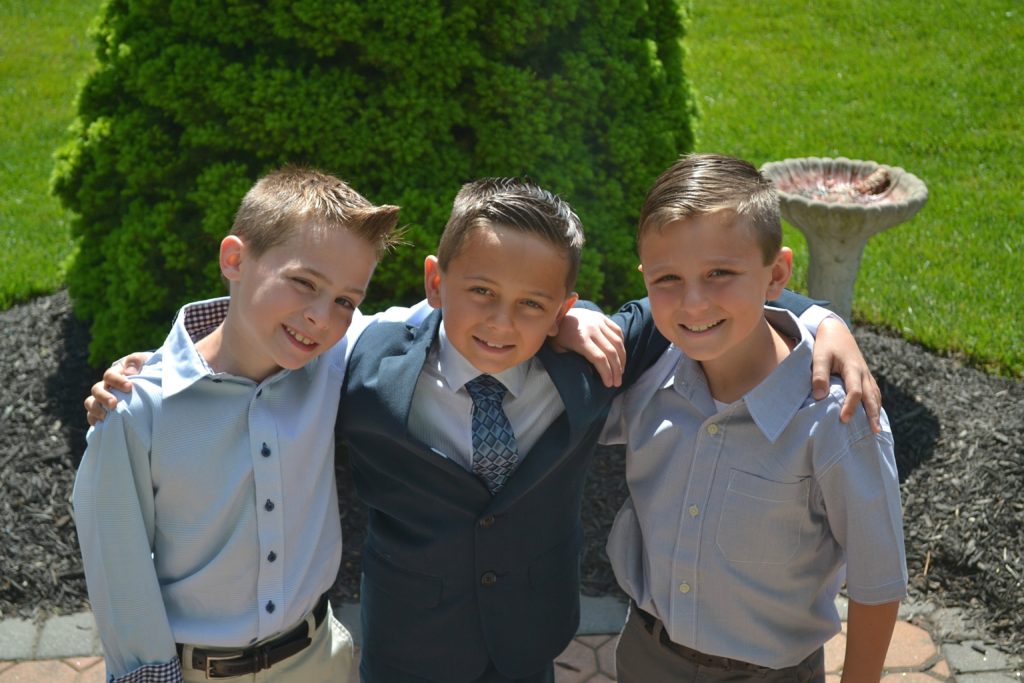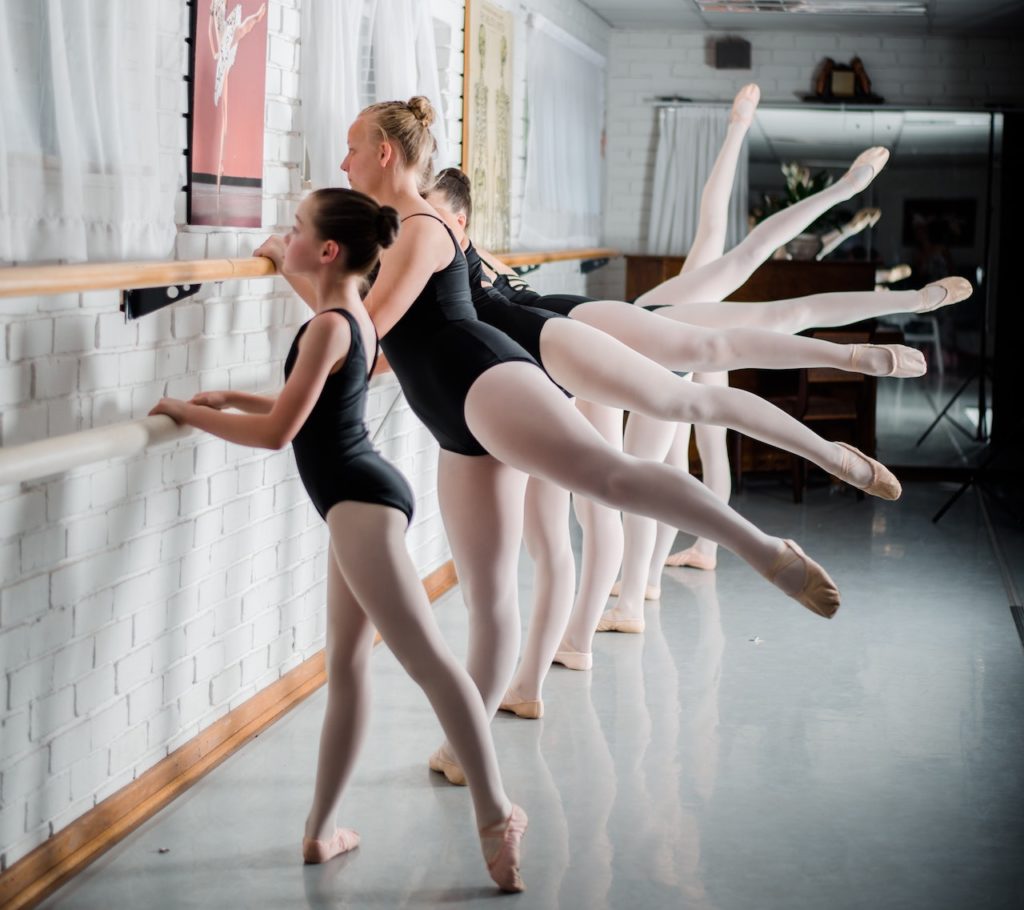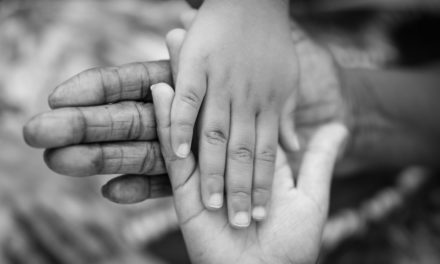Developing a new friendship is wonderful but it can be daunting for kids of any age. How can you help?
When very young children make friends, it is extraordinary in its simplicity. They look at each other and ask, “Do you want to be my friend?” That’s it. Then they run off and play. Glory days!
Time and experience make us more guarded, less available and sadly, less courageous. It seems, once you’re past about 6, making friends takes considerably more effort.
For our tweens and teens, making friends can be even harder. They are negotiating complex social hierarchies in schools; with their unspoken rules about who you should hang out with, how you should behave and where you fit into the pecking order. It sounds brutal…and often it is!
How many friends does a child need?
Parents often ask, “How many friends does a child need?” They usually ask the question earnestly and lean in as though I’m going to give them the magic number, the number that will make their child ‘normal’. The number that will make their child happy and assure them that all is well.
If only life worked like that. Unfortunately, there is no such magic number. Humans are all different and we have different needs. Be very wary of snake-oil traders who try to sell you a concept of what’s ‘normal’ when it comes to kids…or humans generally!
Kids are like adults; an introvert might want a few close friendships whereas an extrovert may want lots of friends and social acquaintances. If a child does choose to have a few close friends, please don’t confuse this with loneliness or assume that there is something wrong.
The home environment makes a difference too. Psychologist Michael Unger Ph.D. says that kids who grow up in highly stimulating environments with lots of responsibility, such as kids on farms, may need fewer friendships. Again, there is nothing wrong. They are strongly connected to their home life and have a strong sense of their niche in the world. A child in the suburbs, alone at home while parents work, may develop more social connections. Again…not a problem.
When do kids feel vulnerable?
Transition times are the points at which kids feel most vulnerable when it comes to friendships. Common transition times include starting middle school or moving town. If there is a lot of change going on in the family home, that may also create trepidation about outside relationships.
Perhaps the most vulnerable stage in life is early adolescence. In this phase, EVERYTHING is changing! They are developing physically, emotionally and socially at different rates. Some kids still want to play on the monkey bars, while others have moved onto music and fashion and a strong awareness of romantic relationships. This often leads to previous friendships drifting apart.
In these cases, the child who has been left behind will likely feel very hurt and lonely. Acknowledge that hurt, it is very human. However, assure them that they will make other friends. Friendships come and go, and many serve us for a while but not forever. But how to make and build those new friendships?
How to help your child find and build a new friendship?
1. First of all, ensure they understand and believe they are worthy of good friends. Low self-esteem and bad experiences may lead kids to doubt this fact.
2. Ask, “Who do you like yourself around? What do those people have in common?” If they feel good around their cousin Anika, ask what it is about Anika that makes them feel that way. This self-awareness is important and could benefit most of us! It will help kids find their tribe rather than just hanging out with anyone who will have them.
3. Help kids find opportunities to make new friends. Make sure they are involved in activities that they care about. That’s where they are going to meet like-minded people of different ages. They can join clubs and organisations outside of school.
4. Encourage your child to be brave. Forming a new friendship can be frightening, but just because they’re scared doesn’t mean they can’t be brave.
5. Teach them to smile and say hello. Someone has to make the first move. If you need to, practise some basic social skills like making eye contact. The earlier you teach these skills the better.
6. Remind them it is easier to make friends one-on-one than trying to make your way into a new social group straight away. It’s easier to strike up a conversation with the kid they sit next to in mathematics than to approach a group in the schoolyard.
If they are trying to join a new group, tell them to watch quietly for a while. Join in with the conversations about the things the group are interested in rather than immediately talking about themself or taking over the conversation.
7. Regardless of your child’s disposition, it is helpful to encourage kids to have friends in different contexts: Friends at school, family friends, sporting or club friends, co-curricular friends, and friends of different ages. That way, if there is a conflict with a friend, as there most definitely will be at some point, there are other kids to turn to.
8. Try not to romanticise friendship in your home. No friendship is perfect and friendships end. We don’t want kids to have a completely unrealistic view of these relationships, otherwise, as soon as something goes wrong, they will think they have failed and disconnect.
9. Make your home a place that other kids like visiting. Encourage your child to invite people over. Snacks and a friendly atmosphere can make all the difference.
10. Remind your child that making friends takes time. It won’t happen overnight. A new friendship, like so many good things, takes time.
Finally…
I’m not sure when the simplicity of early childhood disappears from friendships. Probably when we develop the self-awareness that we might be rejected.
We stop being brave. If we can rekindle that bravery, at any age, it would be transformative for all of us. Because, let’s face it, there are too many lonely people in the world who simply can’t find the courage to say hello.
You can download Linda’s free Activity Guide For Talking To Kids About Friendship here.
Linda would love to meet you on her Facebook page here








